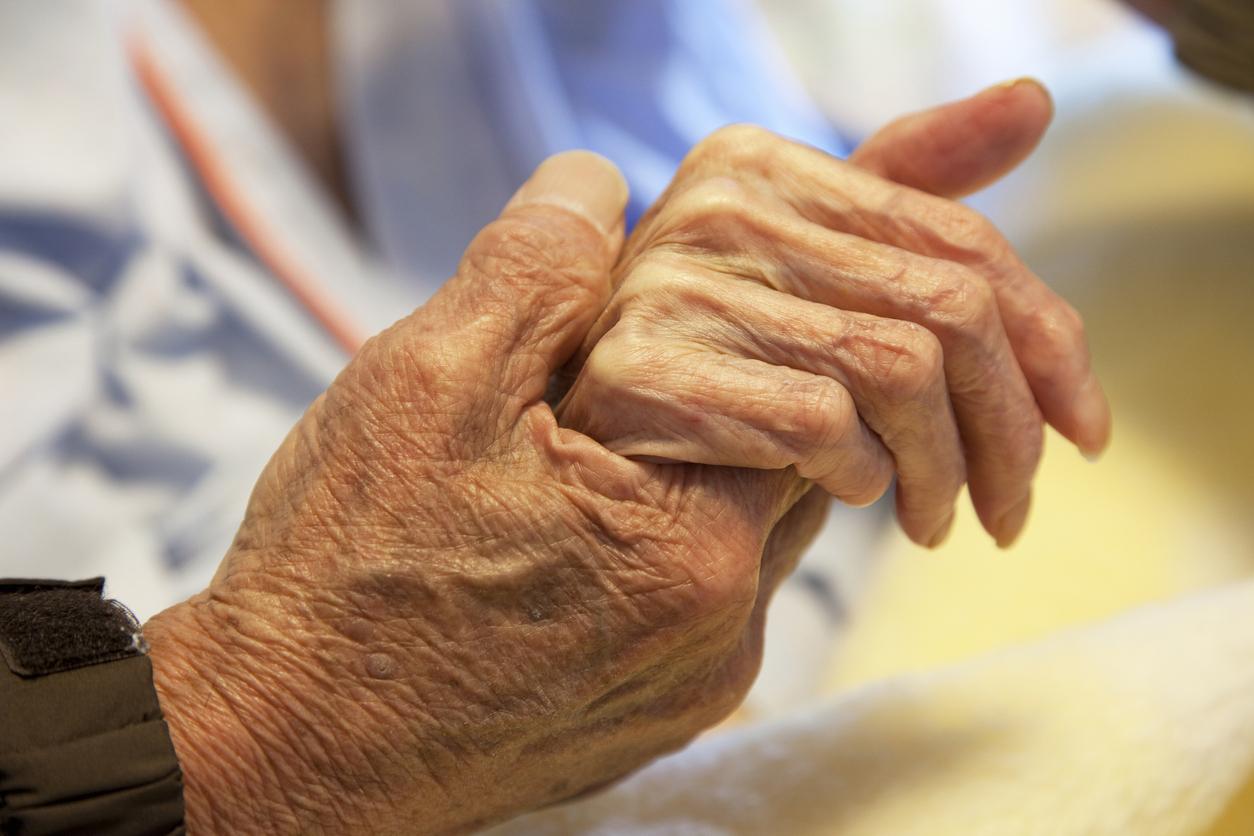The Belgians should extend active euthanasia to minors suffering from an incurable disease, victims of inappeasable physical suffering.

Euthanasia for minors? This is the step that Belgium is about to take soon. The Belgian Senate Social Affairs and Justice Committee adopted this bill on Wednesday by a large majority, with certain conditions attached. why actor details the content.
About ten minors affected per year
The text provides that the minor, regardless of his age, is capable of discernment and suffering from an incurable disease in the terminal phase. In this case, if he is facing unbearable and inappeasable physical suffering, he will have to be advised by a medical team, and especially to receive the parental consent to be able to benefit from an active euthanasia.
Small precision, the request of the patient will have to be repeated and will be respected only if the doctors estimate that the death of the patient is foreseen in the short term. As a result of all these precautions, the law would only concern between ten and fifteen cases of minors each year.
Belgium follows the Netherlands
To enter into force, this Belgian bill will have to be accepted in plenary session in the Senate before the end of the year, before obtaining the agreement of the House of Representatives next year. And the text is likely to pass, since many Belgian political parties are in favor (socialist party, liberal party, environmentalists, and Flemish separatists).
In the event of a favorable vote, Belgium would be the second country to authorize euthanasia for minors. Only the Netherlands had taken this step so far, in 1998, by allowing euthanasia to minors, but only to children aged 12 or over.
France authorizes the end of therapeutic relentlessness
Finally, concerning France, the emotion aroused by the death of Vincent Humbert prompted Jacques Chirac, in 2005, to entrust the cardiologist and UMP deputy for Antibes, Jean Leonetti, with a parliamentary mission on end-of-life support. . From the report of this parliamentary mission is born the Leonetti law, of April 22, 2005, relating to the rights of the sick and the end of life. It prohibits any medical relentlessness or “therapeutic obstinacy” and establishes the right to “let die” when patients refuse to continue treatment or have written it down in their “advance directives”.
In addition, the doctor can also take the risk of the “double effect”, that is to say of shortening the life of the patient by administering to him, with his agreement or that of his trusted person, the treatments intended for it. relieve pain.
Adopted unanimously by parliamentarians, the Leonetti law does not cross the barrier of the intentional act which would result in death and condemns the deliberate injection of a lethal product, in other words “active euthanasia”, as it is there. cases in Belgium and the Netherlands.
The Leonetti law concerns, however, all patients with incurable diseases and who are in pain. It makes no distinction between minors and adults.
.















